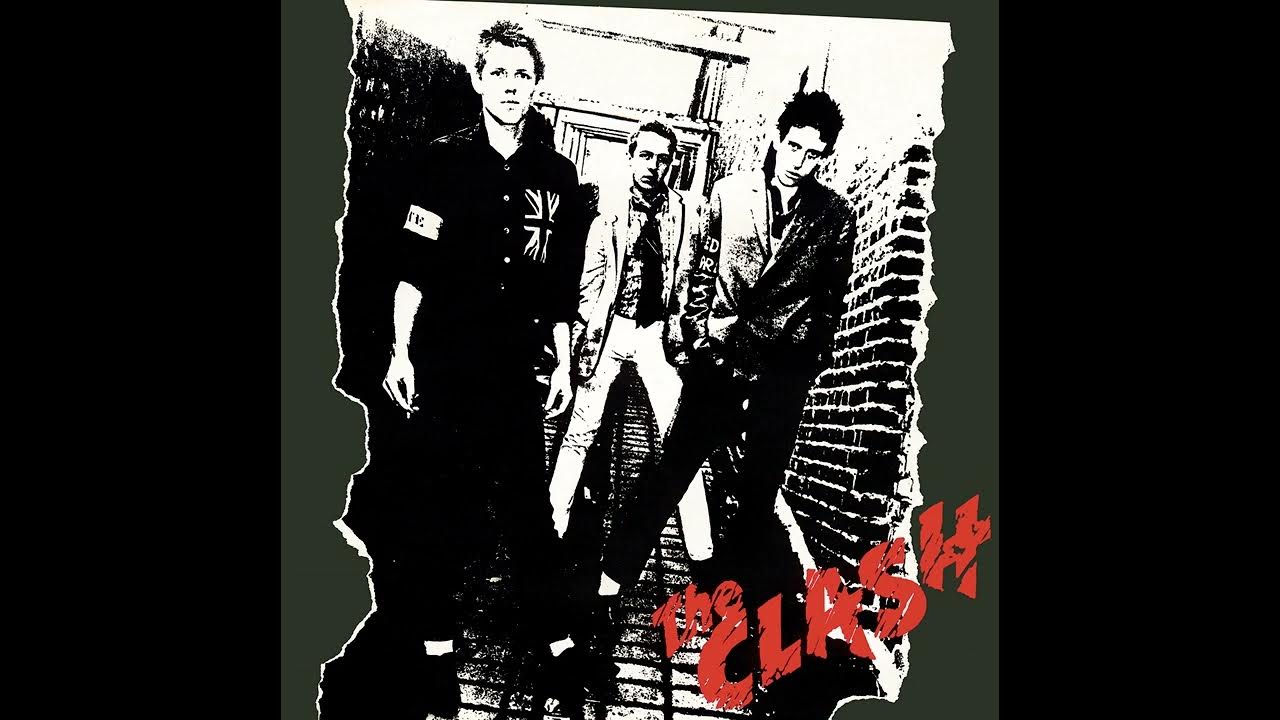Feature Track: Janie Jones by The Clash (April 8, 1977/CBS Records/London, UK)
That song's literally about me, fr fr.
The Clash came together in 1976, following the collapse of two pub rock bands. The first was London SS, a punk-adjacent band who played a string of live gigs but never recorded. They got a new singer in 1976, who didn't get along with their drummer Geir Wade and guitarist Mick Jones. Wade and Jones left the band, and were replaced by Christopher Millar and Brian James respectively. However, Millar and James would never get to perform live with the band, as London SS collapsed a few weeks later. James and Millar would go on to form The Damned, but for the time being, Mick Jones had nowhere to go. Meanwhile, The 101ers, a rockabilly-influenced group named after the address of the house they were squatting in, abruptly ended. The 101ers had been a modest success, with a single on Chiswick Records. The end of The 101ers coincided with the first and only time they opened for The Sex Pistols. 101ers singer/guitarist John "Woody" Mellor walked away from that show with the feeling that this punk thing might be the future.
At the behest of former London SS manager Bernie Rhodes, Jones began assembling a new band. The first person he reached out to was an art student by the name of Paul Simonon, who had unsuccessfully auditioned to be singer in London SS. Mick and Bernie still didn't want him as their singer, but they liked the way he looked. They resolved to teach Paul how to play bass. According to legend, Mick taught Paul the basics and gave him a copy of The Ramones' first album. Paul stayed awake on speed, playing along to the album over and over until he was comfortable playing bass. They also recruited ex-Flowers of Romance guitarist Keith Levene before coming to the conclusion that none of them were suited to singing. That's when Bernie Rhodes encountered John Mellor, now going by Joe Strummer due to his rudimentary guitar technique, busking on the London Underground. Shortly after, Rhodes and Levene invited Joe to the band's HQ, where Levene played a more raucus version of Joe's own 'Keys To Your Heart.' Joe was impressed, and got along quite well with everyone else. Rhodes gave Joe 48 hours to decide whether or not he wanted to be in the band, which by then had become known as The Clash, after Paul Simonon noticed the word in headlines across every newspaper. Within 24 hours, Joe Strummer had made up his mind.
Almost out of the gate, people could tell there was something different about The Clash. While The Sex Pistols and The Damned made extensive use of the driving rhythms and buzzsaw guitars of punk, The Clash wondered if that was truly all there was to punk. After all, in the absence of punk records, punk-friendly venues would often play rock and roll records of the 50s and 60s along with some records supplied by recent immigrants from the Caribbean. The Clash incorporated these influences into their own sound starting on their first album. They were never coy about it, either, when asked about his influences, they almost always answered 'black musicians who never got the credit they deserved.' With each subsequent release, they would stray further and further from the established formula of punk. The Clash also set themselves apart from their contemporaries by rejecting nihilism and engaging more openly with Leftist politics. While The Sex Pistols and The Bromley Contingent were vomiting and embracing the shock factor of the swastika, The Clash participated in the Notting Hill Carnival Riot in solidarity with the immigrants. While The Sex Pistols engaged in what would later be called 'The Great Rock & Roll Swindle,' (whereby they 'cheated the music industry out of hundreds of thousands of pounds') The Clash took massive pay cuts to make sure their albums and concert tickets would remain affordable. The tagline 'The Only Band That Matters' might have started as a clever marketing tactic by their label, but in pushing the boundaries of what punk is about, The Clash kinda earned it.
Oh yeah, about that record deal.
The Holy (or Unholy) Trinity of British Punk were The Clash, The Damned, and The Sex Pistols. They frequently played on the same bill and engaged in friendly competition over who could accomplish historic firsts. Of the original trinity, The Clash were the last to sign a record deal, on January 25th, 1977, when they signed with CBS Records for £100,000 You would be forgiven for thinking this was seen as a great success by the punk community, as one of their favorite bands would now be heard around the world. In actuality, the punks saw signing to a major label as a betrayal of their core ideals. With The Sex Pistols on Virgin and The Clash on CBS, average punks felt their scene was collapsing. Mark Perry, writer for the original UK Punk fanzine Sniffin Glue even went so far as to declare that punk had died the moment The Clash signed to CBS.
...and, in a way, he was right.
Next time: The Autopsy of Punk Rock
TFW
…Liked the way he looked. They resolved to teach Paul how to play bass.
Best boys
Revisiting this history, I've noticed a lot of cases where one or more members of a band had to be taught by their bandmates.
And every time, I'm reminded of the times I did that. Mostly with drummers, but I did teach a couple bass players.



